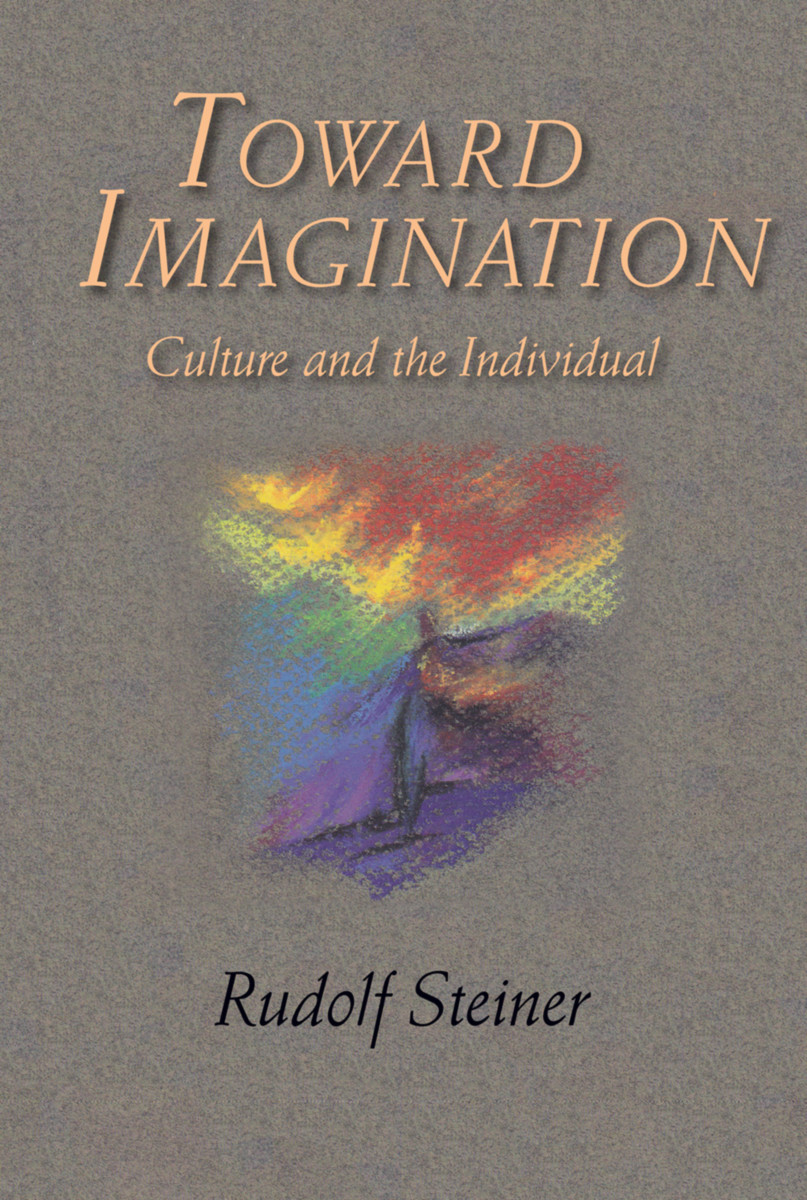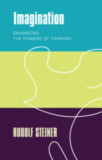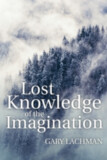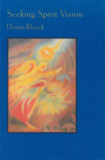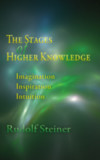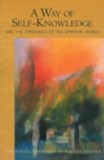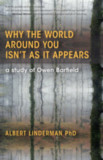Toward Imagination
Culture and the Individual (CW 169)
- Publisher
SteinerBooks - Published
1st June 1990 - ISBN 9780880102858
- Language English
- Pages 192 pp.
7 lectures in Berlin, June 6 – July 18, 1916 (CW 169)
Given in 1916, when Europe was in the throes of World War I, these seven lectures present Rudolf Steiner's trenchant analysis of the malaise of our time. With wit and compassion, he vividly confronts us with the dead end to which materialism has brought modern civilization.
Starting with a new look at the festival of Pentecost, Steiner shows how the chaos of his time—and our own—can be transcended through a shift or transformation of our consciousness.
Ranging over a wide range of topics, Steiner moves from a description of balance in life to a discussion of the twelve senses and their relationship to the cosmos, psychology, and art. In the process, he reveals the central importance of the development of Imagination.
This volume is a translation from German of Weltwesen und Ichheit (GA 169).
C O N T E N T S:
1. The Immortality of the "I"
2. Blood and Nerves
3. The Twelve Human Senses
4. The Human Organism through the Incarnations
5. Balance in Life
6. The Feeling for Truth
7. Toward Imagination
Rudolf Steiner
Rudolf Steiner (b. Rudolf Joseph Lorenz Steiner, 1861–1925) was born in the small village of Kraljevec, Austro-Hungarian Empire (now in Croatia), where he grew up. As a young man, he lived in Weimar and Berlin, where he became a well-published scientific, literary, and philosophical scholar, known especially for his work with Goethe’s scientific writings. Steiner termed his spiritual philosophy anthroposophy, meaning “wisdom of the human being.” As an exceptionally developed seer, he based his work on direct knowledge and perception of spiritual dimensions. He initiated a modern, universal “spiritual science” that is accessible to anyone willing to exercise clear and unbiased thinking. From his spiritual investigations, Steiner provided suggestions for the renewal of numerous activities, including education (general and for special needs), agriculture, medicine, economics, architecture, science, philosophy, Christianity, and the arts. There are currently thousands of schools, clinics, farms, and initiatives in other fields that involve practical work based on the principles Steiner developed. His many published works feature his research into the spiritual nature of human beings, the evolution of the world and humanity, and methods for personal development. He wrote some thirty books and delivered more than six thousand lectures throughout much of Europe. In 1924, Steiner founded the General Anthroposophical Society, which today has branches around the world.


